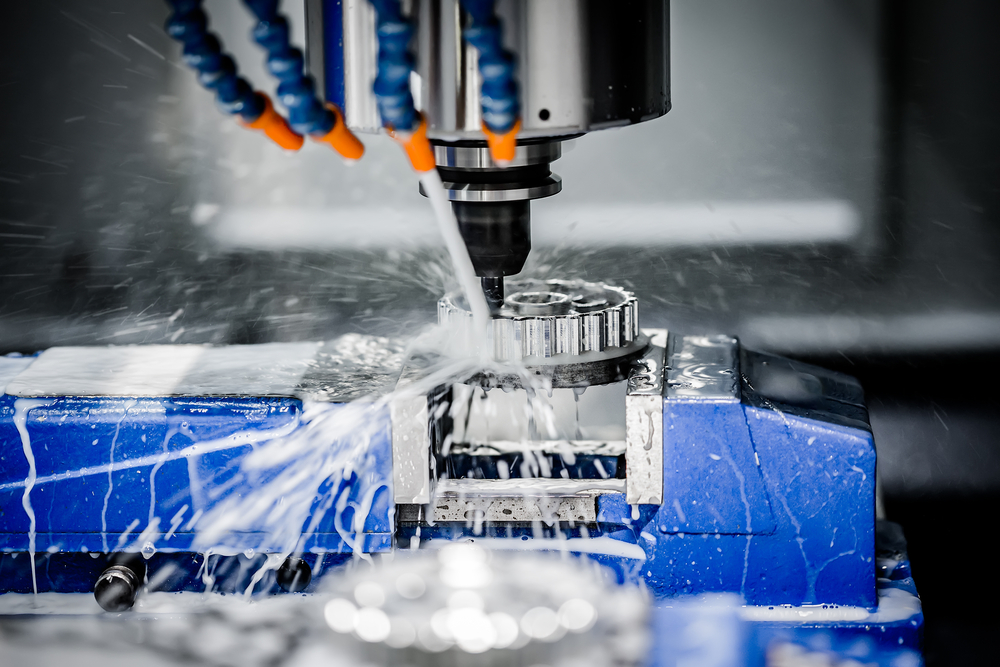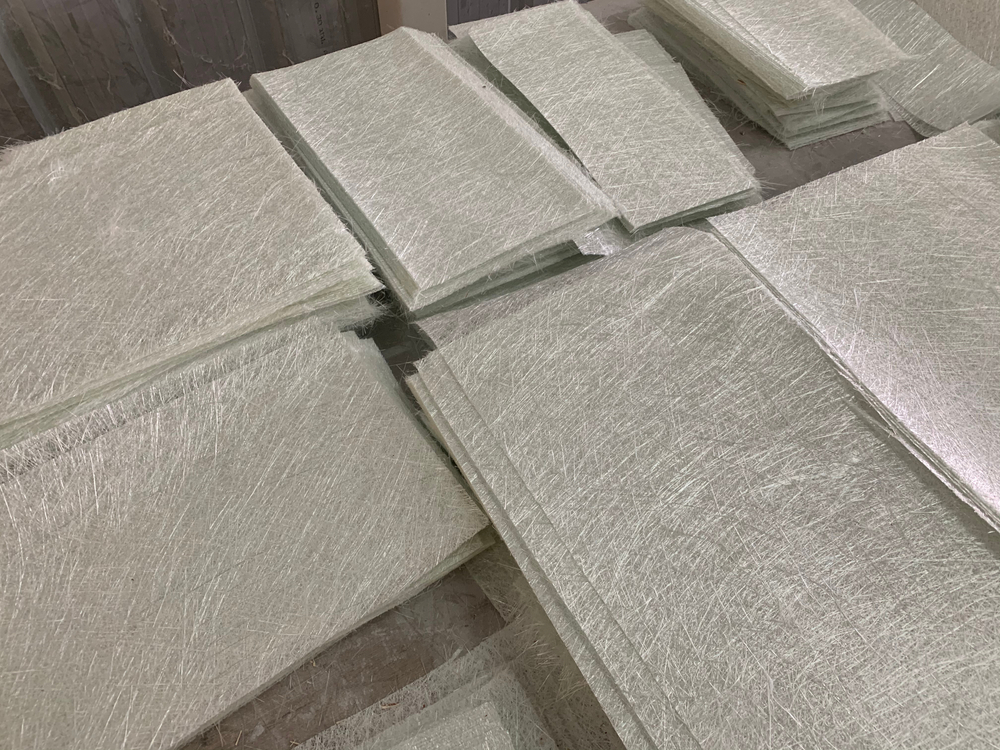PrecisionCraft: Advanced Milling Machine Solutions
Explore selections of advanced milling machines designed for precision machining. Choose from a variety of models to suit your specific needs and applications.
Milling machines are an indispensable part of manufacturing and have been pivotal in the advancement of industries that require precision in metalworking and other materials. They have evolved over time to meet the growing and changing needs of various sectors such as aerospace, automotive, and electronics. This article aims to provide an understanding of what a milling machine does, the different types available, the needs they fulfill, advice on purchasing one, and an overview of the top brands in the milling machine market.

What does a milling machine do?
A milling machine is a tool designed to remove material from workpieces through the use of rotary cutters. The process of milling involves a cutting tool that rotates while workpieces are fed into it, or conversely, the workpiece remains stationary while the cutting tool moves along the desired paths. Milling machines can perform a vast range of operations, from simple tasks such as slot and keyway cutting to more complex processes like contouring or diesinking.
The versatility of milling machines allows them to be used for a variety of functions including planing, drilling, die-sinking, rebating, routing, and much more. They are capable of creating complex shapes and surfaces, or can simply be used to finish surfaces to a high degree of accuracy. The machines can work on a variety of materials including metals, plastics, and wood, making them an invaluable tool in any workshop that requires material modification.
Milling Machine Types
Milling machines come in various designs and configurations to meet specific needs. The most common types are:
- Vertical Milling Machines: These machines have a vertical spindle and the workpiece is secured on a table which moves vertically to bring the material into contact with the milling cutter. Vertical mills are often used for face milling, drilling, and plunge cuts.
- Horizontal Milling Machines: In these machines, the spindle is oriented horizontally, and they are typically used for jobs requiring heavy material removal. They are well-suited for tasks like cutting gears and slots.
- Universal Milling Machines: These are a hybrid of vertical and horizontal milling machines. They have a swiveling table which can be tilted to any angle, making them versatile for angular or helical milling operations.
- CNC Milling Machines: CNC stands for Computer Numerical Control. These milling machines are automated and operate based on a program that controls the movement and operation of the machine. CNC milling machines can perform complex and intricate operations with high precision and repeatability.
Milling Machines Needs'
Different industries have varying requirements for milling machines. The need for precision and control is paramount in industries like aerospace where tolerances are incredibly tight. In the automotive sector, speed and the ability to handle large volumes of material can be crucial. For smaller workshops or hobbyists, versatility and ease of use may be the primary concerns.
The choice of a milling machine should also be influenced by the types of materials being worked on. Harder materials like stainless steel or titanium will require a more robust machine with higher horsepower and torque. Softer materials will not require as much power, allowing for a lighter and potentially less costly machine.
Buying Advice
When considering the purchase of a milling machine, there are several factors to take into account. This includes:
- Capacity: What size of workpiece will the machine need to accommodate?
- Power: Does the machine have enough horsepower to handle the material and the type of milling you'll be doing?
- Precision: What degree of accuracy is required for your work?
- Versatility: Do you need a machine that can perform a wide range of operations?
- Control: Do you need a manual milling machine or a CNC milling machine?
- Budget: How much are you willing to invest in a milling machine?
It's also important to consider the cost of tooling and accessories, as these can be significant. Moreover, maintenance and after-sales support should be factored into the decision-making process.
Top Milling Machine Brands
The market is filled with numerous milling machine brands, each with their own strengths and specialties. Among the top brands are:
- Haas Automation: Based in the USA, Haas machines are known for their robust construction and reliability. They offer a wide range of CNC milling machines.
- DMG Mori: This is a global company that offers some of the most advanced and precise milling machines available, particularly favored in high-tech industries.
- Makino: Known for their high-speed, high-accuracy machines, Makino is a leader in the manufacturing of advanced CNC milling machines.
- Okuma: With a long history and a reputation for quality and durability, Okuma offers a wide range of CNC machines, including highly capable milling machines.
- Tormach: Tormach milling machines are designed to provide high quality at an affordable price, making CNC milling accessible to smaller shops and hobbyists.
Milling machines are a critical part of the manufacturing process, enabling the precision cutting and shaping of materials into parts and components critical to modern industry. From simple manual machines to advanced CNC milling centers, the variety of machines available means there is something suited for virtually any milling need. When purchasing a milling machine, it is important to consider the specific requirements of your operations, including the size, power, precision, versatility, and control needed. Top brands such as Haas, DMG Mori, Makino, Okuma, and Tormach have established reputations for quality and performance, offering a range of products that cater to the diverse needs of the milling machine market. As technology advances, milling machines will continue to evolve, further enhancing their capabilities and the precision with which they operate. Whether for a large-scale manufacturing plant or a small workshop, selecting the right milling machine is vital for ensuring the efficiency, quality, and profitability of your work.











